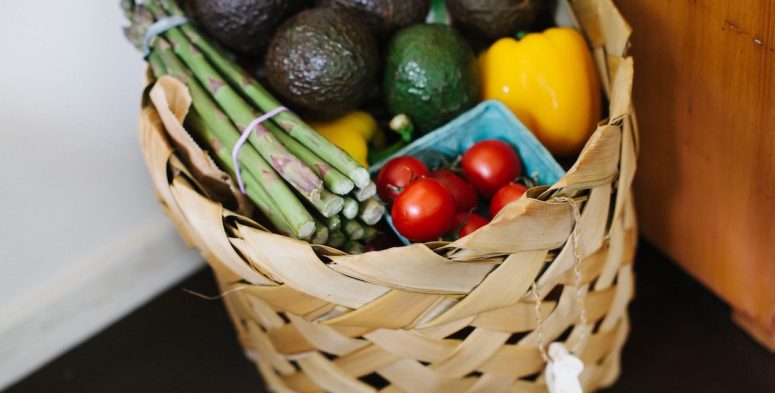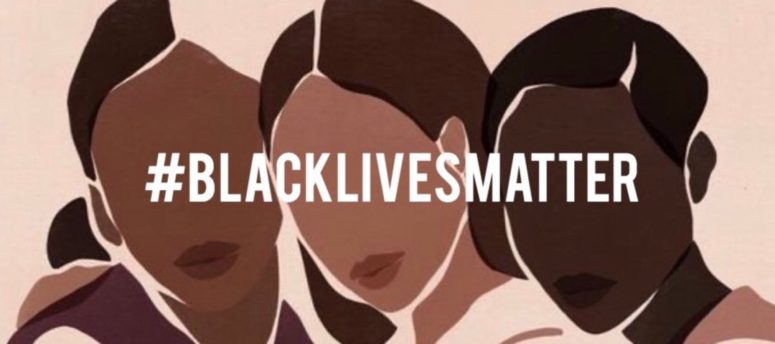Remember a while back when I asked you all how much you spent on groceries? A wide range of answers came in, mostly depending on how big families were, where you were based, and if you were really good about budgeting and meal planning. I tried to be more aware of our spending, but it actually just brought me down. Sure, I could just bulk up on cheaper starches, but that didn’t seem nutritious nor particularly appetizing. In fact, that wasn’t even that much more affordable. I mean, yes, rice, pasta, and pap are all a lot cheaper than steak and roasted veggies for dinner, but they’ve also gone up in price in recent years. Food prices as a whole seem to have gotten out of control, and it’s not just that I don’t know how to shop or something.
I saw this article in my twitter feed over the weekend, and I just had to read through it. I’m not going to go into the whole thing about regulation and retail pricing, mainly because I’m not 100% convinced that it’s all the evil corporations’ fault. However, this quote about the actual cost of living in South Africa jumped out at me:
[…] The Bureau for Food and Agricultural Policy commissioned nutritionists to produce a report which found that “a fairly modest, but still nutritionally balanced, diverse and calorie-sufficient basket of food” would cost just over R7,000 a month for a family of two adults and two children.
R7 000 per month for a modest but still nutritionally balanced, diverse and calorie-sufficient basket of food. How is that even possible? I mean, I know it’s possible because Dean and I are spending a fortune on food each month, no matter what we buy and where we shop. But R7k to live a healthy, modest lifestyle when it comes to food for a family of four? Sure, some people might come in below that if they’re savvy and know how to shop specials and make full use of every part of every ingredient, but even so. That’s a lot of money. This means that if you have more kids, or you prefer a less-modest palate and array of foods, you could easily end up paying way higher.
Food prices will always be a cause for concern, but this seems to be out of control. Petrol prices are soaring ever higher, drought means that crops could fail and we could see further price increases, and the low value of the Rand means that cheap imports aren’t as cheap as they were. For middle-class people like our family, this just means we’ll budget more carefully, plan our meals better, and go without as much discretionary spending. But for poorer people? Those families simply won’t be able to feed their kids adequately, sending their babies to bed hungry at night or stuffing them full of chips, bread and sodas to make them feel full. It’s not that they don’t know better, it’s that they can’t afford better.
Food insecurity is a problem globally, but these numbers hit home for me locally. The average family simply can’t afford to eat consistently well. And food prices will only rise in the future, leading to greater food insecurity. If there’s one thing I learned at university, it’s that food crises are catalysts – no one starts a revolution when they’re well-fed and happy. It’s when they’re hungry and unable to afford bread that they take to the streets and demand change. Could this be a seed of change in South Africa? Or is this a global crisis that will have even wider repercussions?
DID YOU LIKE THIS POST?
If you like these words, please check out more of what I say on twitter and Facebook, and pics I take on Instagram and subscribe to my YouTube channel and follow me on Pinterest.
Also, please be sure to sign up to my carefully curated, crafted and infrequent newsletter.




